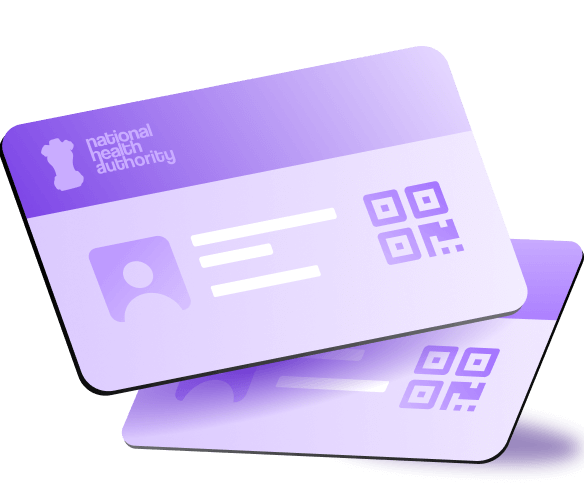Ever wonder what clean drinking water, public parks, and proper drainage have to do with your health insurance? A lot more than you think. Behind the scenes, programs like the Atal Mission for Rejuvenation and Urban Transformation (AMRUT) are shaping the health of our cities, and that directly impacts your well-being and even your medical costs.


ABHA Card: Steps to Create, Retrieve & Download Ayushman Bharat Health Account. ABHA ID enables you to easily store health data in your sharable Ayushman Bharat Health Account.
Launched in June 2015 by the Ministry of Housing and Urban Affairs, AMRUT was made to make our cities cleaner, safer, and easier to live in. It’s not a health insurance plan, but by improving things like water supply, drainage, and public spaces, it plays a big role in keeping people healthier. And when people stay healthier, it also makes health insurance more effective and easier to manage.
It focuses on things like:
Many health problems, especially in children, come from drinking contaminated water. AMRUT works to ensure homes have access to safe and clean tap water, which helps prevent diseases like diarrhea, cholera, and typhoid.
Without proper sewage systems, waste can end up in open drains or streets, spreading bacteria and infections. AMRUT helps cities manage waste better, making neighborhoods cleaner and safer.
Flooded streets and stagnant water are breeding grounds for mosquitoes. AMRUT’s stormwater projects help reduce risks of dengue, malaria, and chikungunya.
Parks and trees aren’t just pretty, they encourage exercise, reduce air pollution, and support mental well-being. AMRUT funds the creation and upkeep of these essential spaces.
If your city is healthier, you and your family are less likely to fall sick. This means you’ll make fewer insurance claims and possibly even pay lower premiums in the future.

AMRUT also focuses on improving urban transport and reducing congestion. This means faster access to hospitals in emergencies, which can make a big difference when using your health insurance.

When cities are cleaner and better planned, insurers can partner with more hospitals and clinics, making it easier for you to use your health coverage where you live.

While there are government schemes that cover treatment costs, AMRUT focuses more on prevention. Together, they form a strong safety net: one keeps you healthy, the other supports you when you're not.

| AMRUT Goal | How it Supports Public Health | Impact on Health Insurance |
| Access to clean tap water | Reduces water-borne diseases like typhoid, diarrhoea, etc. | Fewer claims, lowers health risks that in turn lower premiums |
| Sewage and sanitation systems | Prevents spread of infections and chronic illnesses | Reduces demand for treatment of preventable diseases |
| Stormwater drainage to prevent flooding | Limits mosquito breeding and lowers risk of malaria, dengue, etc. | Helps avoid hospitalisation costs |
| Green spaces and parks | Helps with fitness, reducing stress, and makes the air easier to breathe | Lessens insurance claims that are related to lifestyle like obesity or hypertension |
| Walkable & cycle-friendly roads and footpaths | Promotes physical activity, reduces road accidents | Fewer accident-related claims |
| Digital and efficient urban planning | Enhances emergency response and healthcare access | Faster claim processing, better hospital access |
| Water reuse and sustainability | Ensures long-term health safety and protects resources | Supports preventative healthcare |
We often think health depends only on doctors and hospitals, but your city’s infrastructure plays just as big a role. Clean water, proper drainage, open spaces, these are silent protectors of your well-being.
And when cities get healthier, health insurance becomes more effective, less expensive, and more accessible for everyone. AMRUT brings us closer to that goal. And while it may not replace health insurance, it makes sure we need it a little less often, and that’s a win for everyone.